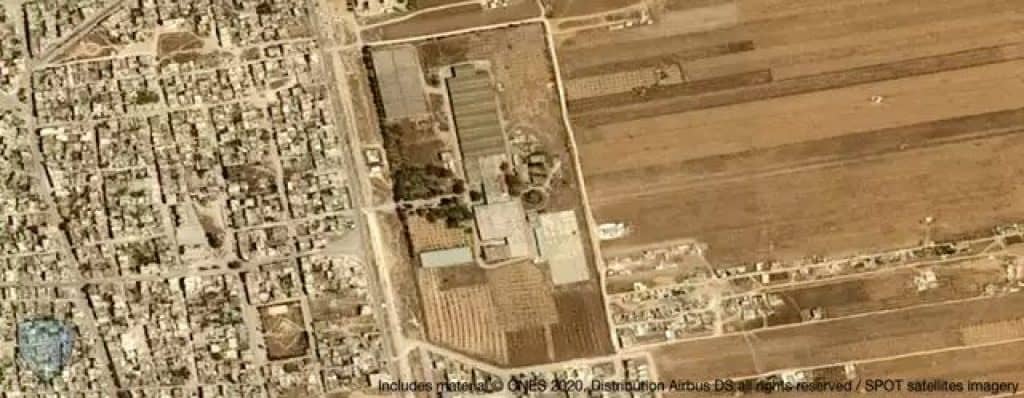
Israel’s Air Force reportedly acted against multiple Syrian Arab Army (SAA) and pro-Iranian military sites in Syria over two waves of airstrikes on June 24.
Syrian state news agency (SANA) confirmed the death of two soldiers and the wounding of four others at one of the locations hit by the airstrikes.
“One of our military positions was targeted near the town of Salkhad in the southern city of Sweida, resulting in the death of two martyrs and the wounding of four other soldiers,” the SANA news source stated.
Furthermore, additional positions were targeted during the overnight attack as SANA reported “several hostile missiles were fired at our military positions in Kababej.”
Approximately an hour after the initial attack, a second wave of airstrikes targeted the Hama Governorate in the area of al Salamiyah. It is believed an ammunition cache housed inside an onion dehydration plant was the intended target of the attack.
The attacks came less than a month after reported airstrikes attributed to Israel destroyed a weapons facility in Masyaf, Syria.
A month ago, former Israeli Defense Minister Naftali Bennett stated that Iran’s forces were withdrawing from Syria. However, the latest string of attacks since the statement suggest this assessment is incorrect. It is likely that Iranian proxies are being re-positioned further east than in an attempt to evade potential Israeli airstrikes.
As previously detailed in FDD’s Long War Journal, Iran has been attempting to upgrade the missile arsenal of its proxies. The program, commonly known as the Precision Guided Missile Project, aims to turn conventional weapons into GPS-guided missiles to strike targets in Israel accurately.
It is reasonable to believe Iran or its proxies will retaliate for the latest wave of airstrikes. In April, Iran was blamed for a cyber attack against several water and sewage facilities in Israel. In retaliation, Israel reportedly conducted a cyber attack against the computer systems at Iran’s busiest hub for maritime trade, Shahid Rajaee Port in Bandar Abbas, near the Strait of Hormuz.
The reported Israeli attacks in Syria over the last few months have demonstrated that the COVID-19 pandemic has not deterred either side from attempting to accomplish their military objectives. Iran will likely continue the transfer of precision guided components and other sophisticated arms to its proxies, while Israel attempts to thwart the project – just as it has done for years in Lebanon, Syria and Iraq.
Are you a dedicated reader of FDD's Long War Journal? Has our research benefitted you or your team over the years? Support our independent reporting and analysis today by considering a one-time or monthly donation. Thanks for reading! You can make a tax-deductible donation here.
from Long War Journal – FDD's Long War Journal https://ift.tt/2CJtCyE
via Defense News
No comments: